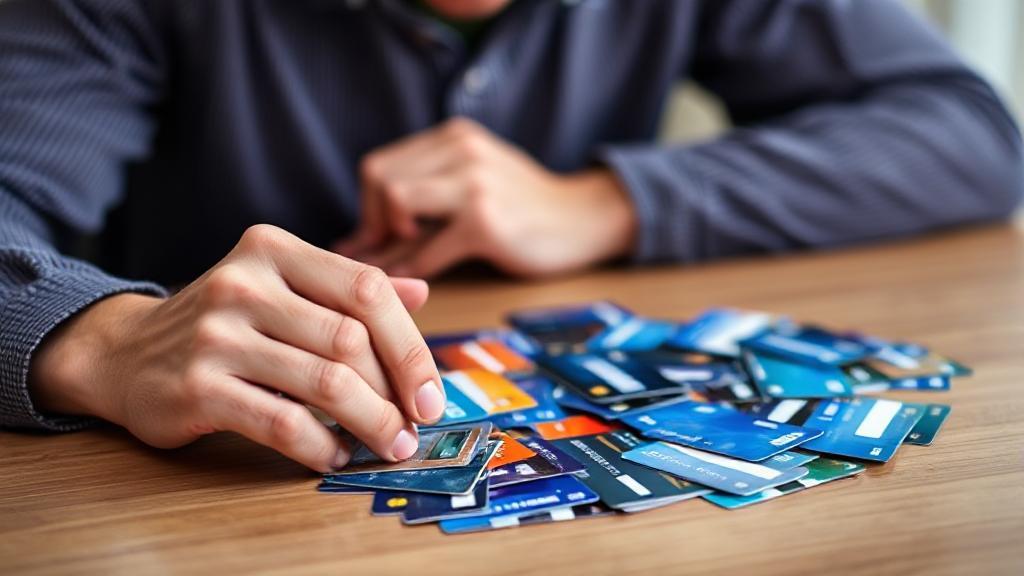Understanding Your Financial Habits and Needs
Before deciding on the number of debit cards, it's essential to understand your financial habits and spending patterns. Consider:
- Spending Patterns: Do you frequently shop online, or prefer in-store purchases?
- Budgeting Style: Are you following a strict budget or prefer flexibility?
- Travel Frequency: How often do you travel internationally?
- Daily transactions: Regular purchase patterns
- Emergency fund access: Need for separate emergency funds
- Business versus personal expenses: Requirements for separation
Benefits of Multiple Debit Cards
Having more than one debit card can offer several advantages:
- Expense Tracking: Assign different cards for different expenses (groceries, entertainment, bills)
- Security: Maintain backup access if one card is compromised
- Rewards and Benefits: Maximize rewards and cashback opportunities
- Separate Accounts: Better tracking of spending and budgeting goals
"Maintaining separate accounts with dedicated debit cards can help you better track spending and maintain budgeting goals." - Dave Ramsey
Common Debit Card Configurations
Basic Setup (2 Cards)
- Primary checking account debit card
- Secondary account debit card for emergencies
Advanced Setup (3-4 Cards)
- Primary checking
- Emergency savings
- Online purchases
- Travel-specific card
Lifestyle Considerations
Your profession and lifestyle significantly impact your debit card needs:
Security and Management
Digital Security Measures
- Enable mobile alerts for all cards
- Use strong, unique PINs
- Enable two-factor authentication
- Install banking apps only from official sources
- Review statements monthly
- Update PINs regularly
Digital Wallet Integration
Modern banking solutions like Apple Pay and Google Pay can reduce the need for physical cards while maintaining security.
Cost Considerations
Evaluate the following for each card:
Visit Bankrate to compare current fee structures across different banks.
Making the Final Decision
To determine your optimal number of debit cards:
- List your financial needs and goals
- Calculate associated costs
- Consider security requirements
- Factor in lifestyle demands
- Plan for emergencies
When to Add a Card
- Starting a new business
- Planning international travel
- Creating new savings goals
- Establishing an emergency fund
When to Remove a Card
- Consolidating accounts
- Reducing banking fees
- Simplifying financial management
- Closing unused accounts
For more insights on managing your finances, consider visiting Investopedia for comprehensive guides and tips.
Remember that your needs may change over time, so regularly reassess your debit card strategy to ensure it continues to serve your financial objectives effectively.
